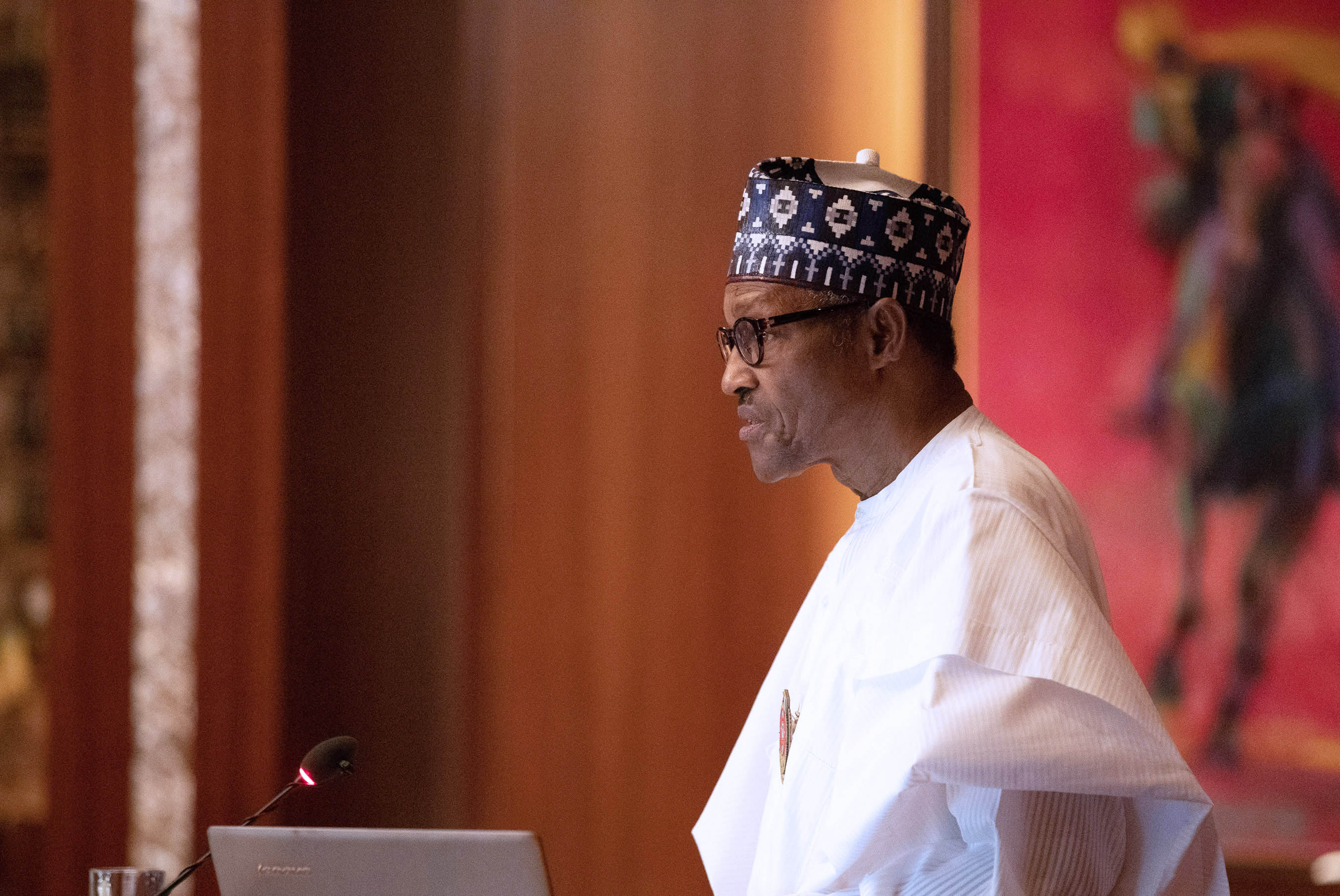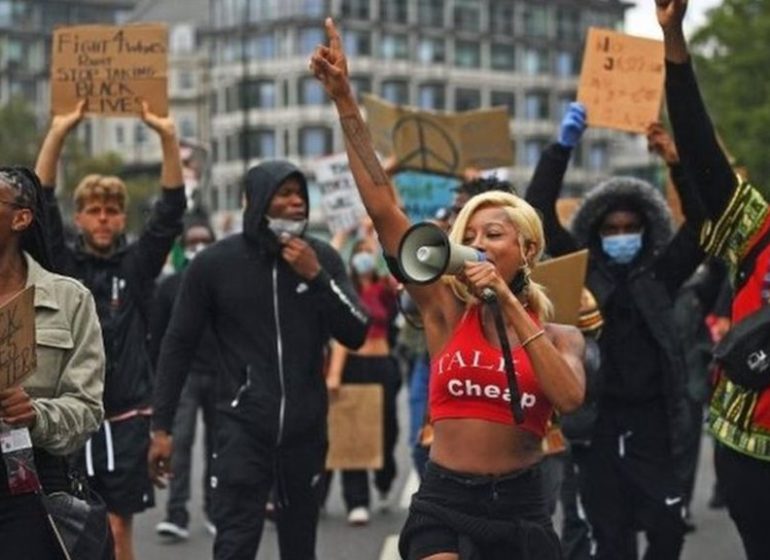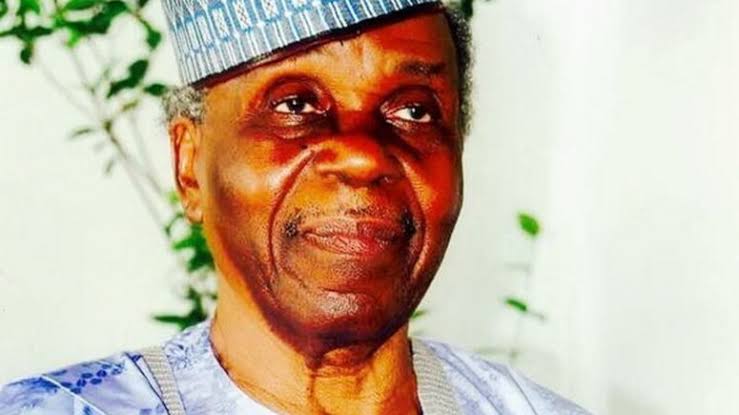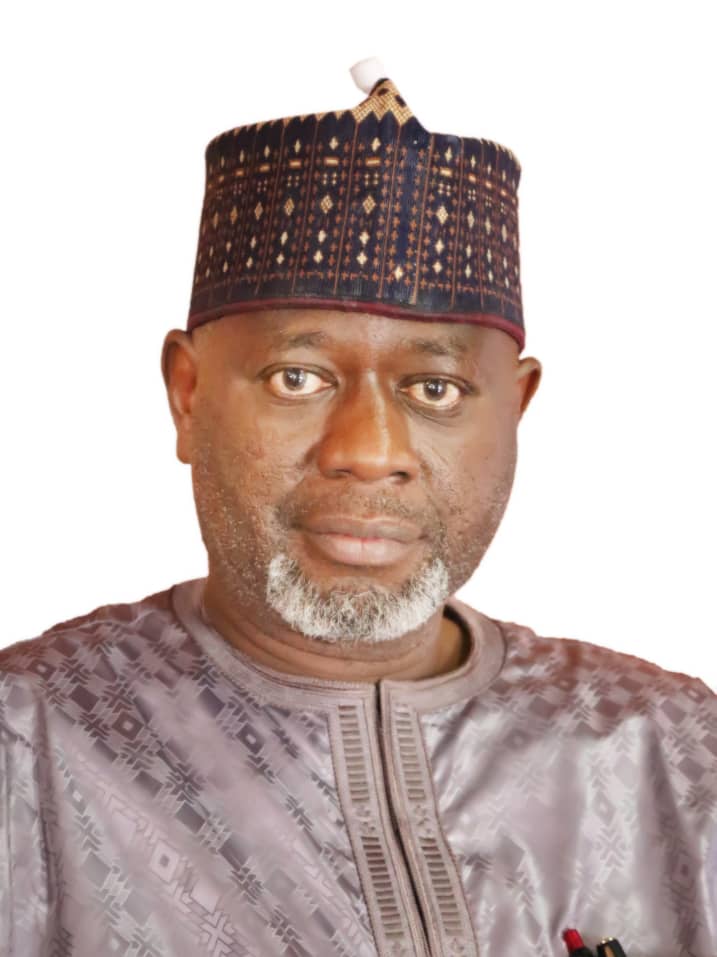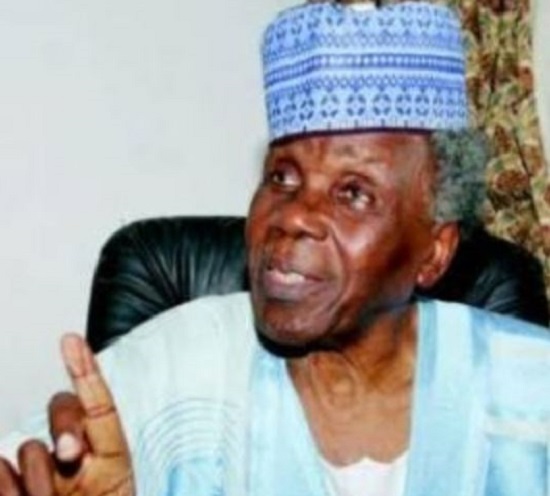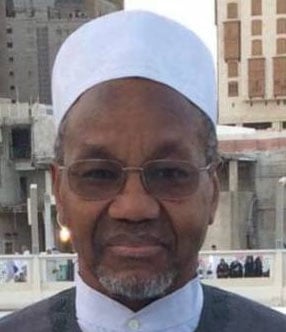PRESIDENT BUHARI LAUNCHES 2019 NAT SECURITY STRATEGY AA; President Muhammadu Buhari during the launching of 2019 National Security Strategy held at the Council Chambers, State Souse, Abuja. PHOTO; SUNDAY AGHAEZE. DEC 4 2019.
Nigeria is a tale of unending dramas. Just when you think you have had enough, another issue comes up and leaves you completely startled. As it stands, who even knows what’s going to happen in the new week? We have become a subject of scorn not only before the international community but to own selves. Pathetic!
The unfolding drama in Niger Delta Development Commission (NDDC) is a testimony of how fast we’re gravitating towards doom. Do l sound too pessimistic? Please don’t blame me. At this stage of our journey as a nation, we need to call a spade a spade. When Godswill Akpabio, minister of Niger Delta and Joy Nunieh, erstwhile acting managing director of the NDDC recently served us a typical Nollywood script, we thought we had seen it all. But that proved to be just a tip of the iceberg. Who would have envisaged the ensuing blockbuster well scripted and beautifully acted by Kemebradikumo Pondei, NDDC axcting managing director?
If not anything, the NDDC saga is indicative of the fact that impunity has become the norm in Nigeria. It is ironic that the President Muhammadu Buhari-led administration which promised so much that it would revamp Nigeria’s ailing state — at the shortest possible time — things have assumed a dramatic downturn than one would ever imagined. It’s not unexpected though.
The NDDC debacle makes a mockery of our clamour for genuine change. If we had men of integrity, those driven by the goodwill of their people in power since independence, Nigeria, undoubtedly, should be the pristine destination for investors by now. But sadly, we don’t. When NDDC was established under former president Olusegun Obasanjo in 2001, hopes blossomed that a region that chalks up significant part of the country’s wealth had finally gotten its own share of the ‘national cake’ and on course for massive development. Fast forward to 2020 — about 20 years later — the commission has become one of the greatest impediments stifling the region’s development. The NDDC is another evidence that what Nigeria needs is political will, not establishment of countless agencies, to deliver democratic dividends to its over 200 million population.
Advertisement
To say Nigeria is notorious for corruption is stating the obvious. In the recent times, the banter making the rounds on social media is the narrative that “those waiting to loot are more than those currently looting the nation’s treasury.” Funny as it seems, that is the sad reality. We have become so used to the scourge that it is now one of the most appealing thematic underpinnings of several skits. The late Chinua Achebe, in his masterpiece, ‘The Trouble with Nigeria’ was dead right when he listed corruption and bad leadership among Nigeria’s greatest problems.
Nigeria is undergoing one of its darkest moments under the Buhari-led adminstration. The inadequacies of his administration have become too glaring that opinions are even divided over if he has done anything at all. Has Nigeria Nigeria fared any better under Buhari than successive administrations? I guess that is the toughest question in Nigerian political puzzles at the moment.
With the recent NDDC imbroglio, the mouthed anti-corruption campaign is gradually becoming a joke of the century under a man who rose to power on the groundswell of his perceived ‘no-nonsense approach’ which many hoped was the quick fix to a deeply rooted problem. I never hoped for much, though. From the outset, his anti-corruption campaign, by design, was nothing more than a charade as we are experiencing now. How do we explain the rationality behind his administration’s decision to keep Ibrahim Magu, the suspended acting chairman of the Economic and Financial Crimes Commission (EFCC) in office for five years even when the senate refused to confirm him twice due to his indictment by a Department of State Services (DSS) report?
Advertisement
Only those who are either intoxicated with ethnic or religious sentiments — or both — would proudly say all is well with Nigeria presently. We are at a critical period when uncertainty has become the order of the day. No one is literally safe or sure of what happens next anymore. We are living for the moment, largely unperturbed by what happens next, perhaps because there is nothing to hope for. Insecurity in Nigeria is becoming more fearful, dramatic and complex with the the passing of each day. The ongoing internecine bloodletting in southern part of Kaduna state is an example.
But Nigeria is bigger than Buhari and so it would be unfair to heap all the blames on him. By this time in 2023, Nigerians, barring any unforeseen circumstances, would be under the leadership of another elected president. So, it’s imperative we channel our energy into the post-Buhari era.
Nigeria, as it now, cannot record any meaningful growth. In the first place, we need strong institutions, not strong men to head our agencies. The executive arm of government, for instance, has become so powerful that the judiciary and legislative arms, expected to checkmate its excesses are almost helpless. The drama between Chris Ngige, minister of labour and employment and James Faleke, member representing Ikeja federal constituency, is one. That of Festus Keyamo, minister of state for labour and employment, and senate committee constituted to address the dusts surrounding federal government’s 774,000 jobs initiative is another. What we are witnessing is a Fuji house of commotion starring several power-drunk individuals who are more interested in scoring political points than doing what is right.
Buhari did warn members of the executive against “disrespecting the national assembly” but whether they would heed his warning, going by precedence, is more unlikely than it is. Hear him: “Ministers and all heads of Departments and Agencies should at all times conduct themselves in ways that will not undermine the National Assembly as an institution, its leadership and members.
Advertisement
“The President and the leaders of the National Assembly recognized and acknowledged that the Executive and Legislative arms of government are essential partners in the fulfillment of their mutually aligned goal of improving the lives of the Nigerian people.”
Nigeria needs a system overhaul now more than ever. The current system is too problematic, complex, expensive, unrealistic and glorifies personal gains over national growth. Until we realise this and make concerted efforts towards addressing the loopholes in system, we will keep being a joke. There’s currently a huge mistrust in the system. As a recent survey by Edelman Intelligence, the independent research arm of the Edelman global network which tests how well people trust the four critical institutions of the society to do what is right, ranked government as the least trusted institution in Nigeria. This implies that Nigerians do not trust their government well enough to deliver the desired democratic dividends.
Ojo is journalist at TheCable.
Advertisement
Views expressed by contributors are strictly personal and not of TheCable.
Add a comment
